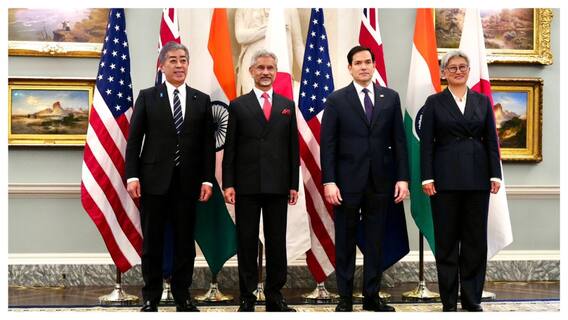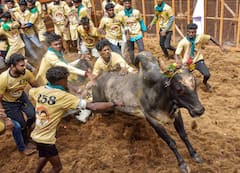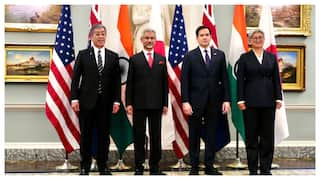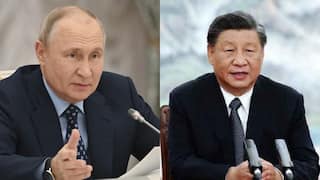Dalai Lama Prefers To Stay In India. Says China 'Don’t Understand Variety Of Different Cultures'
Dalai Lama praised India as a centre of religious harmony despite complaints from Muslims in recent years
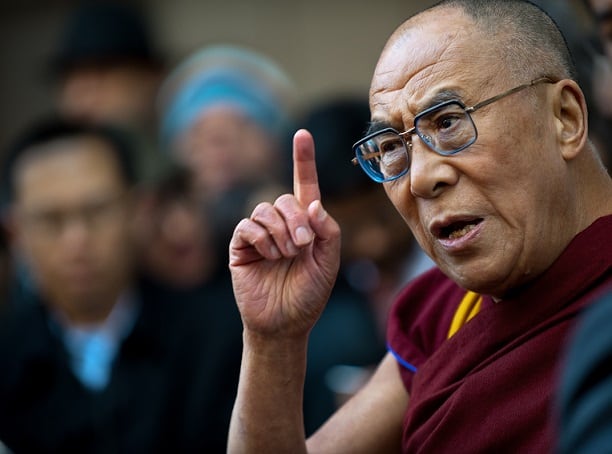
New Delhi: Tibet’s spiritual leader the Dalai Lama on Wednesday said that he preferred to stay in India since Taiwan-China relations are 'delicate' during an online news conference anchored in Tokyo. The 86-year-old Dalai Lama criticised the leaders of China saying they “don’t understand the variety of different cultures” there. He added that there is too much control by the main Han ethnic group, according to the news ageny Reuters.
Even as the religious leader clearly mentioned of no plan to meet China’s leader Xi Jinping, he expressed desire to visit again to see old friends saying, “I am growing older” - but would avoid Taiwan since relations between it and China are “quite delicate”.
ALSO READ: Youngest Nobel Laureate Malala Yousafzai Ties Knot In Birmingham, Wishes Pour In From All Quarters
"I prefer to remain here in India, peacefully,” he said, praising it as a centre of religious harmony - despite complaints from Muslims in recent years.
At the end, he said that he believed all religions had the same message. “All religions carry the message of love and use a different philosophy of views. So now the problem (is) the politicians, in cases some economists ... use this difference of religion. So now, religion is also politicised - so that is a problem."
However, he also pointed out that he had nothing against “Chinese brothers and sisters” as fellow humans and expressed support to the ideas behind Communism and Marxism.
While responding to a question about whether the international community should consider boycotting the Beijing Winter Olympics over the suppression of minorities, including those in the western region of Xinjiang, he said, "I know Communist Party leaders since Mao Zedong. Their ideas (are) good. But sometimes they do much extreme, tight control,” he said.
He had hoped that things would change in China under a new generation of leaders.
“Regarding Tibet and also Xinjiang, we have our own unique culture, so the more narrow-minded Chinese Communist leaders, they do not understand the variety of different cultures.”
Stating that China consisted not only of ethnic Han people but also other different, groups, he added: “In reality, too much control by Han people.”
China captured the region of Tibet in 1950. After a failed uprising against China, Dalai Lama fled to India in 1959. From that time China considers Dalai Lama as a dangerous 'splittist' or separatist.
When asked about relations with Dalai Lama, Wang Wenbin the spokesperson for the Chinese Foreign Ministry termed it as "an out-and-out seperatist political group," reported Reuters.
Trending News
Top Headlines







